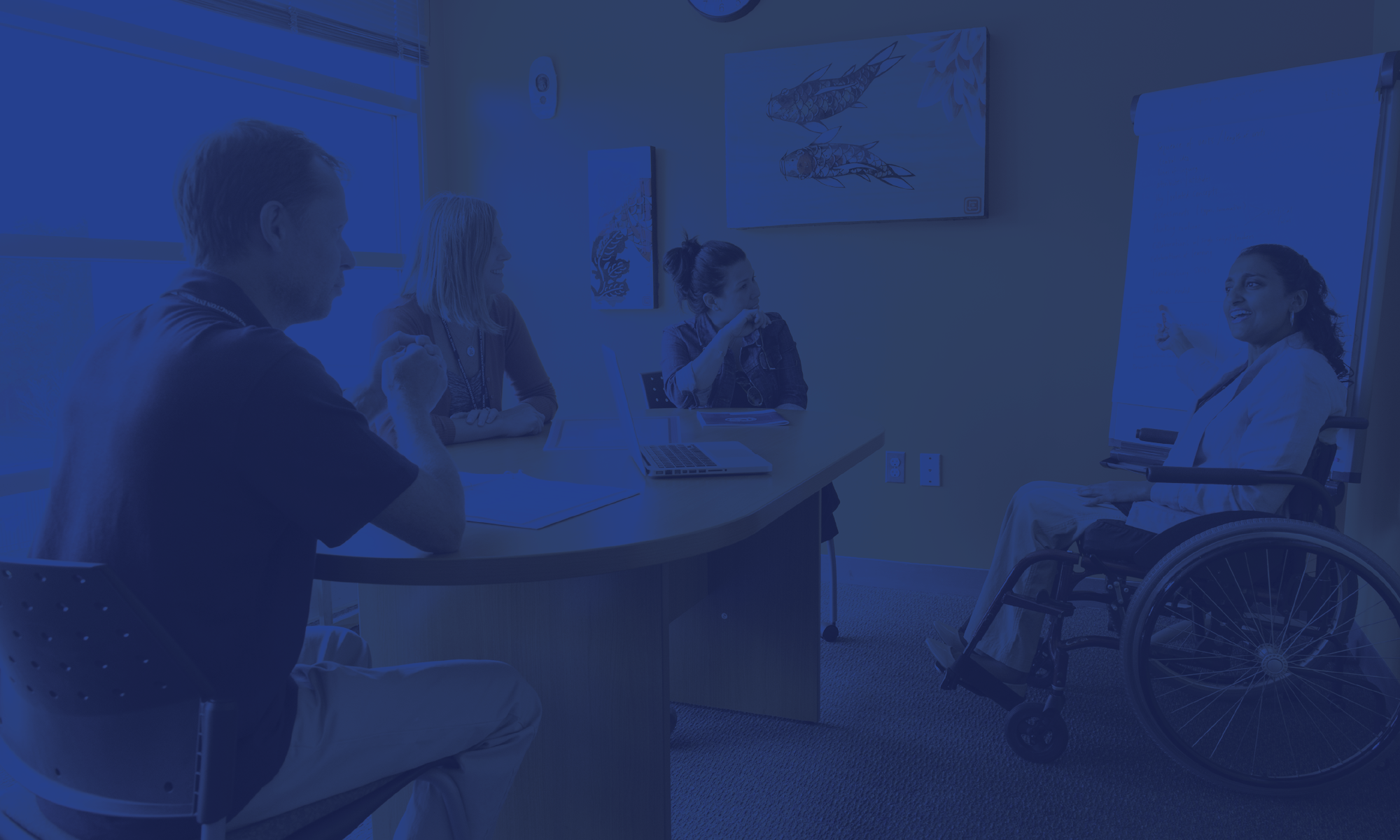By Rachel Wright | Monday, April 13, 2020 at 04:42 PM
This year marks the 100th anniversary of federal-state vocational rehabilitation programs and services. The 1920 Smith-Fees Act, also known as the Civilian Rehabilitation Act, put forth the necessary funding for states to provide prosthetics, vocational guidance, training, occupational adjustment and placement services to individuals with disabilities.
Since the passing of this bill, state legislators have not only sought to fund research regarding vocational rehabilitation (VR) but also expand the scope of services offered by state rehabilitation agencies. Such efforts fostered the passage of the Americans with Disabilities Act (ADA) in 1994 that solidified equal opportunity, access, and protections for individuals with disabilities.
Despite the ADA’s provisions, those with disabilities continue to experience higher unemployment rates across all age groups and levels of educational attainment. Several factors restrict vocational opportunities and hinder individuals’ integration into the workplace, giving rise to these figures. Restricted access to environments crucial for education, training and work performance often play a significant role throughout one’s youth and continuing into adulthood. Furthermore, limited access to these opportunities can be exacerbated by the negative biases held by employers and peers.
Within states, vocational rehabilitation programs set out to overcome these barriers so that individuals with disabilities can achieve full participation within their communities and places of work. VR counselors provide the intensive training, education, career counseling and rehabilitation services that an individual may need. Through these efforts, VR agencies have helped over 1.2 million individuals return to work, enter a new field of work or gain first-time employment.
The Oregon Office of Vocational Rehabilitation Services has initiated innovative programs for youth with disabilities. One such program is Camp LEAD (Leadership, Empowerment, Advocacy, Development) which engages youth ages 16 – 22 in a week-long immersive leadership development curriculum each summer. LEAD helps youth with disabilities develop self-advocacy and social skills while providing them with paid work experience and career exposure in the natural resource industry.
When asked about the impacts of Camp LEAD, Carolyn Webb, a contractor for the program, shared that: “Some students are shy or unsure of what they want to do in the future. With Camp LEAD, I have seen these students not only have more self-confidence but come back a second year to become a camp lead. Hearing these students talk about their experience with Camp Lead is inspiring.”
For youth seeking professional experience in their desired career field, Oregon’s office of Vocational Rehabilitation also offers SWIFT – Summer Work Internship for Transition. This seven-week program at Portland State University provides students with on-campus housing while they complete a paid internship with a local business or organization. Additional activities and classes are available for participants so they can explore different career paths all while developing work skills and building friendships with peers.
Initiated in 1996, Colorado is currently one of many states to participate in Project SEARCH – a high school program helping youth with disabilities successfully transition from school to adult life through engaging in real-life work experience. This program combines workplace immersion with classroom instruction, career exploration and hands on training through worksite rotation. Nationally, 77.3% of youth who participated in Project SEARCH found employment upon completion of the program in 2017-2018.
For individuals who wish to live more independently in their homes and communities, the Maine Division of Vocational Rehabilitation has initiated the Independent Living Services Program (ILS). Through ILS, clients receive individual independent living skills training, peer counseling and individual and systems advocacy. Clients can also request beneficial products and services such as telecommunication devices for persons who are deaf and hard of hearing.
In Maine, individuals with the most severe disabilities who are seeking employment can take part in Extended Support Programs (Basic Support and Head Injured Support).Those that have previously completed VR programs offered by the Bureau of Rehabilitation Services can receive counseling and training to help them retain jobs in community-based supported employment settings.
Vocational rehabilitation programs nationwide continually seek out unique and engaging opportunities to bolster workforce participation among individuals with disabilities. Closing the employment gap between those with disabilities and those without will require sustained efforts on both the individual and institutional levels. As necessary progress is made, not only will individuals become more financially secure but feel empowered to pursue their career goals.
For additional resources on disability employment, contact our Disability Employment Policy Team, or email [email protected].
